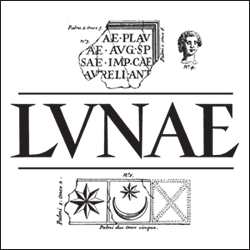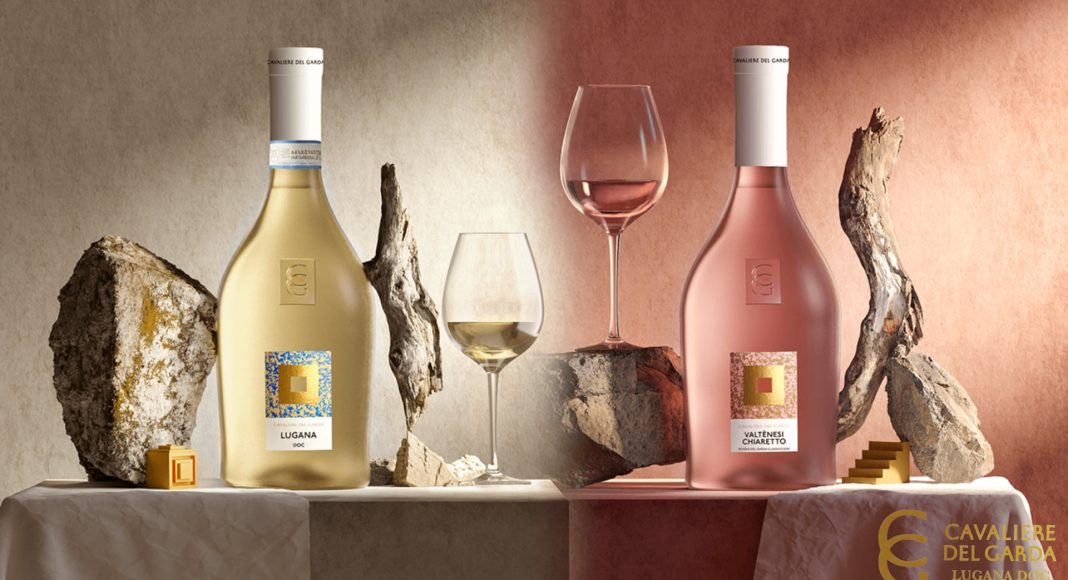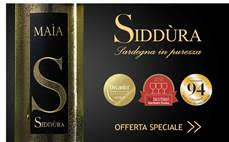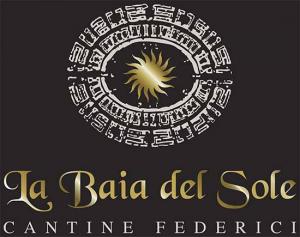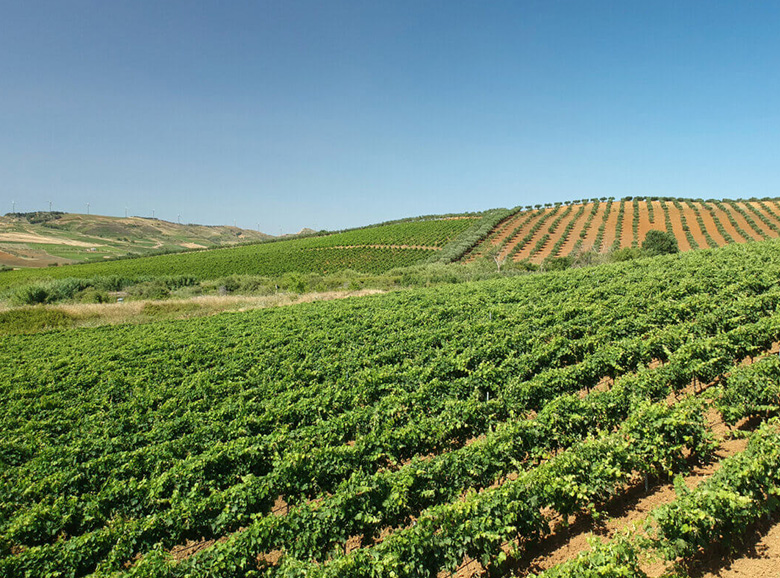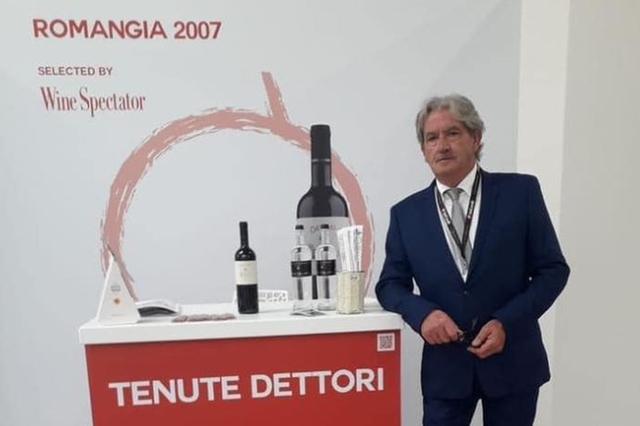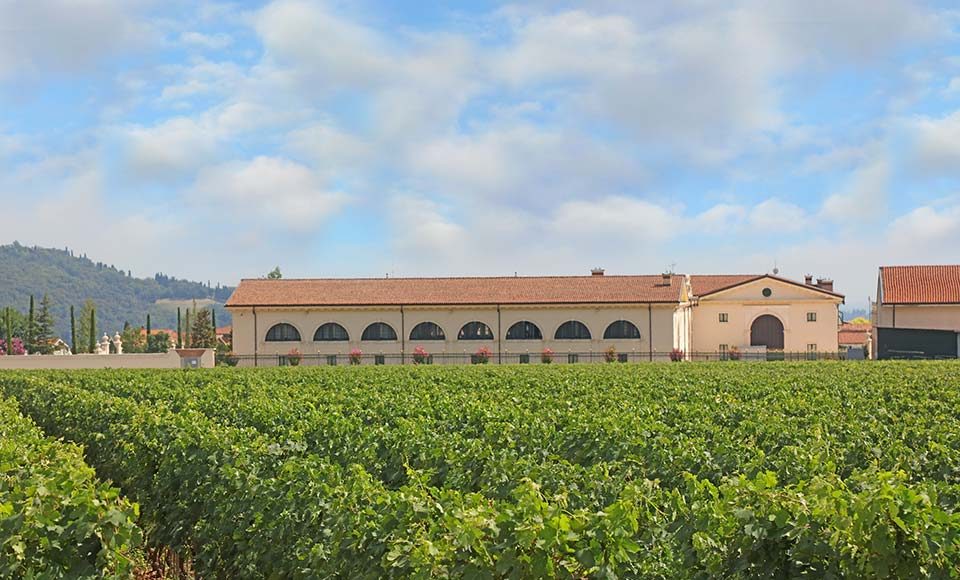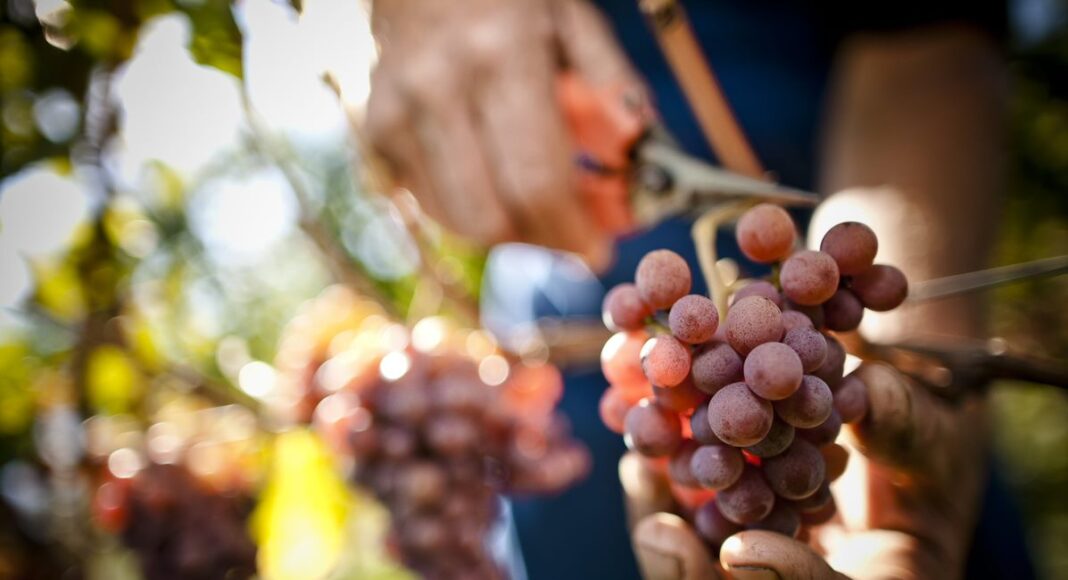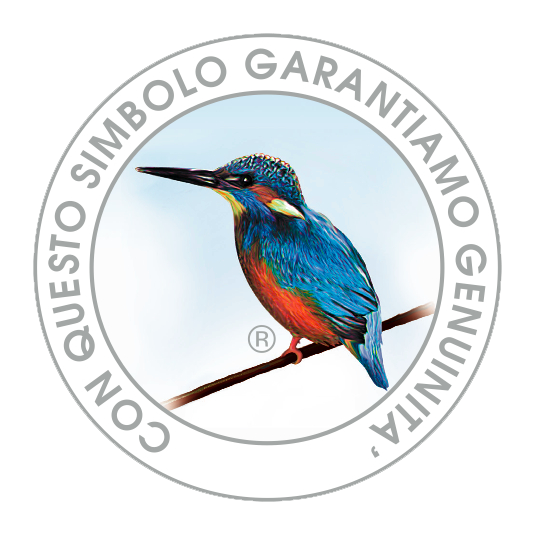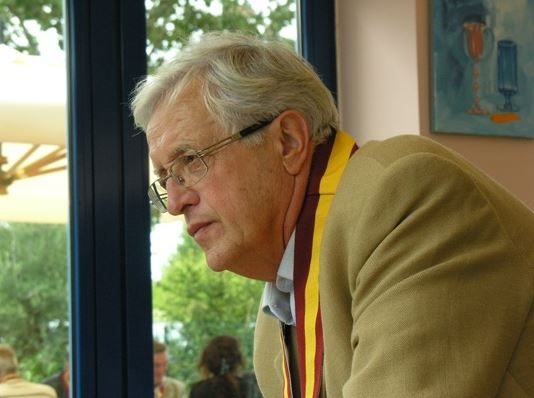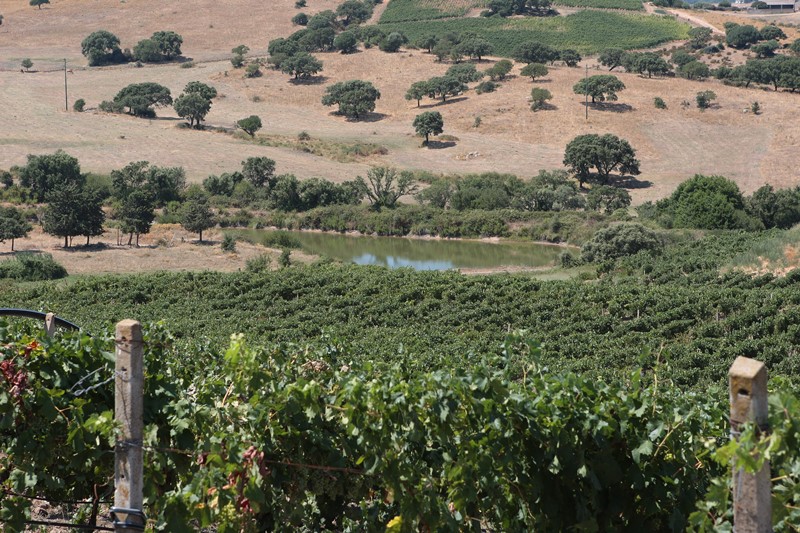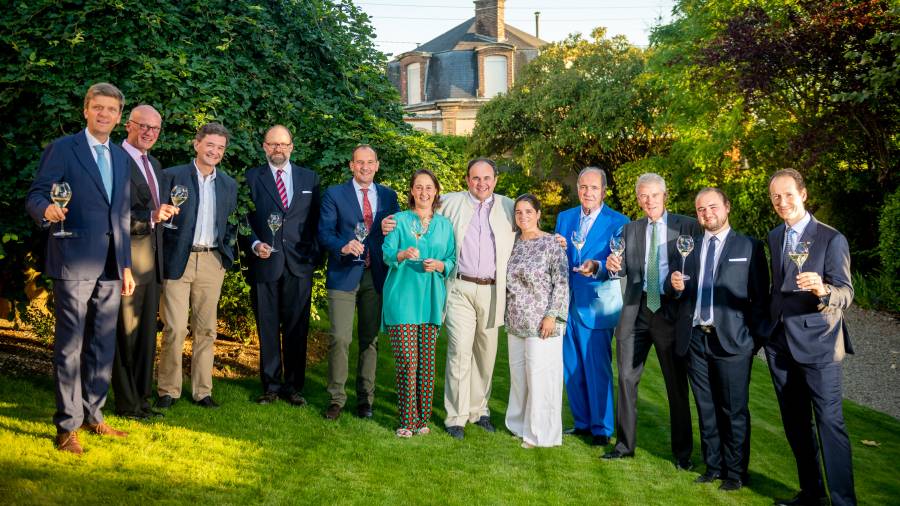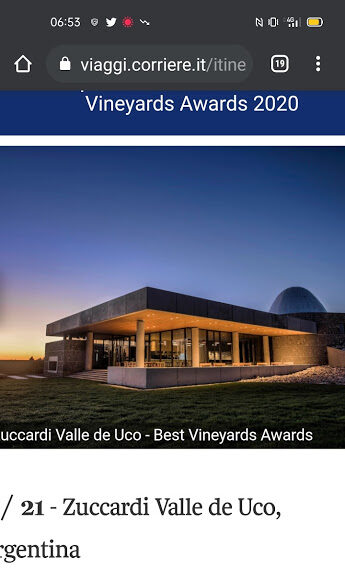Having read and heard so much about China and its miraculous economy I was desperate to visit. So I was fortunate indeed to have been invited to visit Shanghai in September 2011 as a jury member of the 6th Shanghai International Wine Challenge (SIWC 2011).
SIWC is, the organisers told me, “the first International professional commodity competition located in Shanghai Waigaoqiao Free Trade Zone. This is the only wine competition that is fully supported by Waigaoqiao International Exhibition & Trading Center of Wine & Beverage, and will become the most influence wine challenge in China.” It is “the only wine challenge that (is) fully supported by the governmental organisations.”
As of 1 August, 500 wines from a dozen or so countries had been received – which, by my usual work rate at the Austrian Wine Challenge, is 5 days of tasting. By myself. The SIWC rate was about 60 wines a day, so not too onerous.
The jury was “global”, with judges coming from (as residents if not actually born there) Australia, Brazil, France and the UK. It was a good crowd. The distinguished Iain Riggs of Brokenwood and the immensely likeable Daniel Binet of Ballabourneen – both from the Hunter Valley – were the Aussie representatives. Riggsy was the Chairman and ensured that larrikin standards were maintained through the week: there was always a cold beer or three at the end of the day’s tasting.
The Challenge was held at the shiny new “All in Wine” centre at the “Waigaoqiao International Exhibition & Trading Center of Wine & Beverage”. Like a Napa winery there was new wood everywhere. And I don’t mean barrels. The aroma of new money was more piquant than some of the wines.
China is a rapidly developing wine market, which means there is a lack of logistical experience for competitions like this. For example, wines were poured into individual glasses and then served rather than having six or so glasses and pouring wines into those all day long. At lunchtime, when tasters and staff enjoyed good food, a Tsingtao beer and a very loud restaurant owner apparently berating his staff in full view of customers – shouting loudly at your staff is quite normal here, I was told, and for an Englishman (and Australian) it was very entertaining – the used glasses were not cleared away. A minor matter admittedly but it kept the tasters waiting to resume duties.
A few wines were in the wrong categories, like a sweet Riesling in a dry flight or – not sure how this happened – Sangria in a Grenache flight. Apparently some of the “sommeliers” were trying to open Stelvins with corkscrews. But if you’ve never seen or drunk a bottle of wine before what would you do? It’s easy to criticise such sciolisms but the half-full wine philosopher would say that there is an outstanding opportunity to educate people in China about the joys of wine.
Now that the cricket team is so useless the Aussies have to be given some Chinese wine gongs to cheer them up. Actually, it was a good competition for Australian wine. “Best” trophies were awarded to Kalleske Moppa Shiraz 2010 for Best Red Wine and Best Shiraz; Angove Vineyard Select Clare Valley Riesling 2010 was the Best Riesling; and Ballabourneen Hunter Valley Semillon 2009 won Best Semillon. Of course I had nothing to do with Ballabourneen’s Stuart Chardonnay 2009 winning the Best Chardonnay award and a Gold Medal. Wines were tasted blind.
Four more gold medals were awarded to – respectively – Millbrook Winery Barking Owl Shiraz Viognier 2009, Kalleske Moppa Shiraz 2010 (again), Angove Vineyard Select Clare Valley Riesling 2010 (again) and Angove Vineyard Select McLaren Vale Shiraz 2009.
Thirty-three silver medals went to wineries including Angove, the Colonial Estate, Ballabourneen, Bethany, Deep Woods, The 8th Estate, Houghton, Kalleske, Millbrook, Mitchell, Paulett, Pegeric, Pyrenees Ridge, Shaw Vineyard Estate, Simpatico Wines, Song Lines, Southern Highland and Woodlands Wines.
Bronze medals were awarded to Angove, Ballabourneen, Barokes, Bethany, Berton Vineyard, Brokenwood (no bias here!), The Colonial Estate, HJ Estate, Jacob’s Creek, Kalleske, Stanley Lambert, Mitchell, Pauletts, Pegeric, Pirathon, Printhie, Raintree, Shaw Vineyard Estate, Simpatico Wines, Song Lines, Southern Highland, Veritas, Windowrie and Woodlands Wines. Phew!
Time spent away from the tasting room out and about in Shanghai was fascinating. As in Beijing, where I spent a few days before arriving in Shanghai, it seems as if an entirely new city has emerged over the last two decades. The Blade Runner-like cityscape – all skyscrapers and fizzing neon – suggests nothing of “old” China. Vast amounts of money have been earned and spent over the last two decades. To paraphrase Robert Browning, the Chinese like whatever they look on, and their looks go everywhere.
The Chinese are becoming rich and they want people to know it. A French wine merchant friend in Shanghai told me, “China is still a nouveau riche country, all about face and ‘bling.’ A Chinese customer opens the wine list and points at the most expensive thing, usually Lafite, which they have a fetish for. You could replace it by corked Shiraz – they wouldn’t tell the difference.” Despite this, he says, “Everyone is waiting for the rise of the middle class. Once they’re rich enough, educated enough, curious enough, then… BOOM! We’re getting there.”
Asians appreciate some of the broader cultural implications of fine wines. They like the “invented tradition”, to use Eric Hobsbawm’s phrase, of fine wine. There is a nascent interest and understanding in China, or at least in Confucianism, of what fine wine supposedly represents – balance, harmony (ho) and a sense of place, and that this ho comes from the unique conditions of a specific geographical site. This is just where many Australian wineries are positioning themselves at the moment.
As for the long-term prospects for Australian fine wine in China and elsewhere, as Zhou Enlai, Premier of the People’s Republic of China from 1949 until 1976, replied when asked about the impact of the French Revolution of 1789: “It is too soon to say.”
Stuart George
Giudice degustatore ai Concorsi Enologici Mondiali più prestigiosi tra i quali:
» Il Concours Mondial de Bruxelles che ad oggi ha raggiunto un numero di campioni esaminati di circa n. 9.080, dove partecipo da 13 edizioni ( da 9 in qualità di Presidente );
>>Commissario al Berliner Wine Trophy di Berlino
>>Presidente di Giuria al Concorso Excellence Awards di Bucarest
>>Giudice accreditato al Shanghai International Wine Challenge
ed ai maggiori concorsi italiani.


